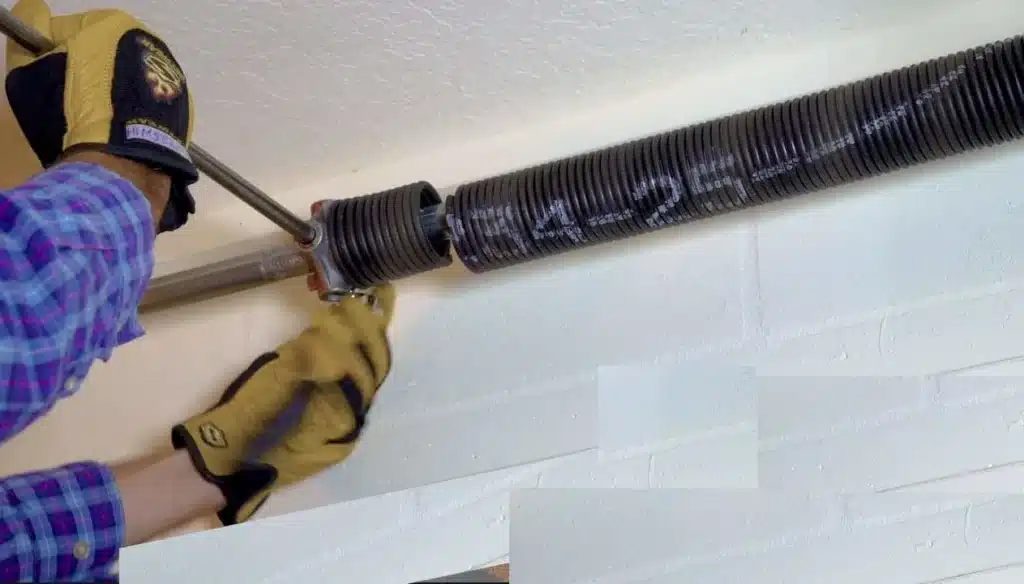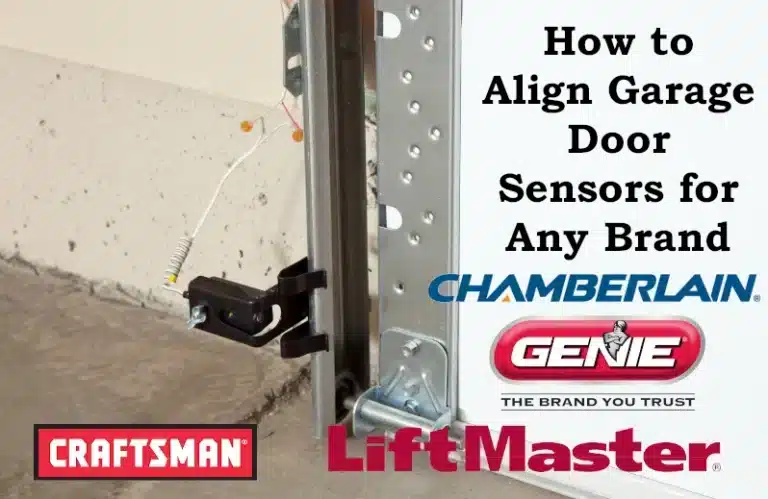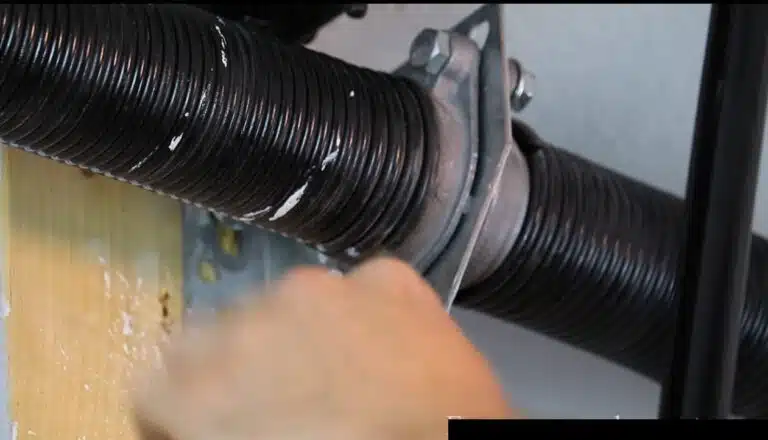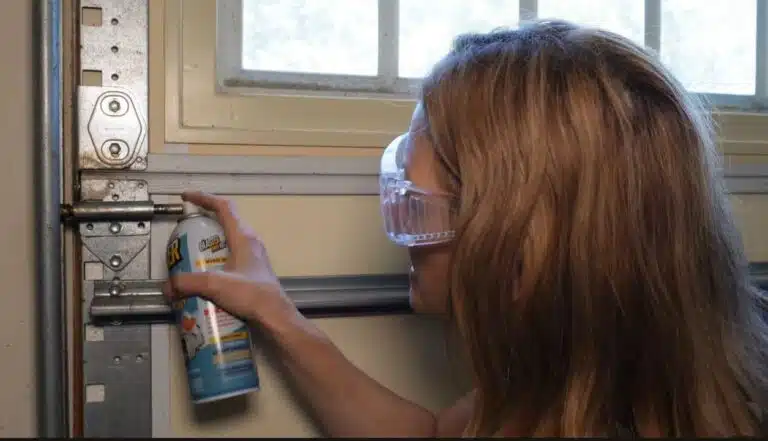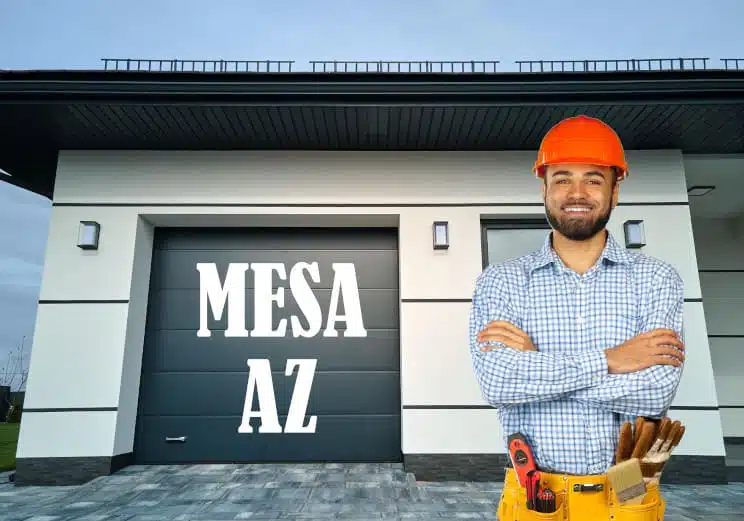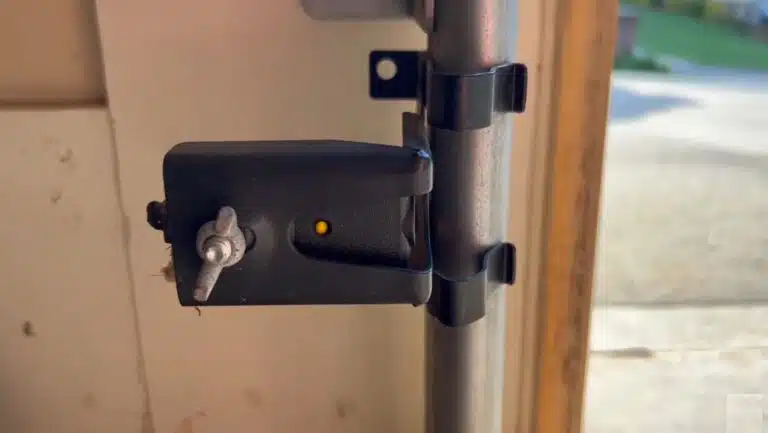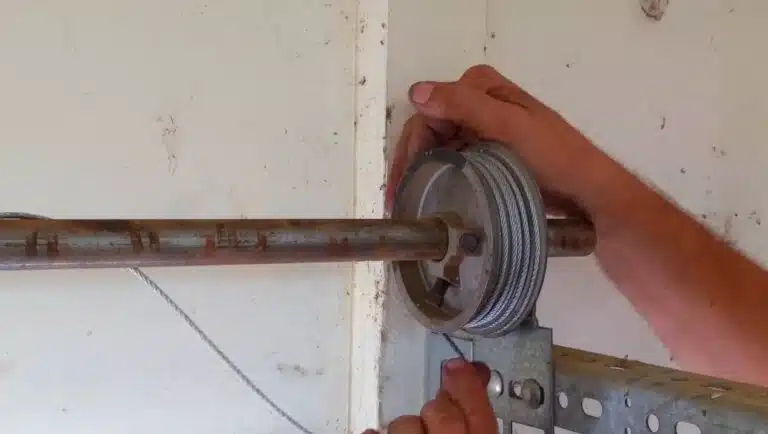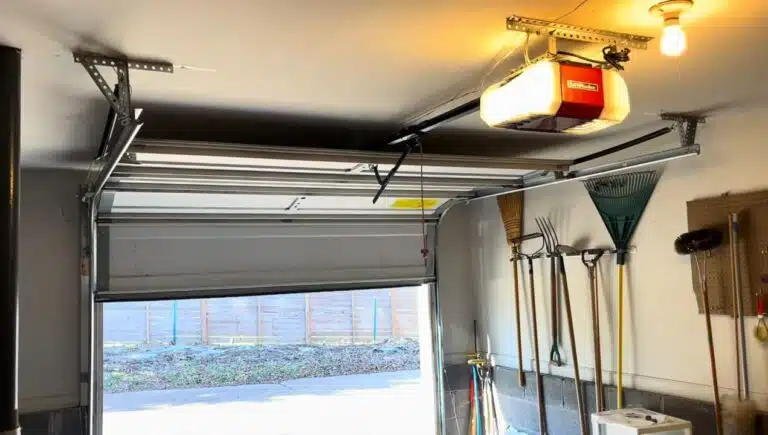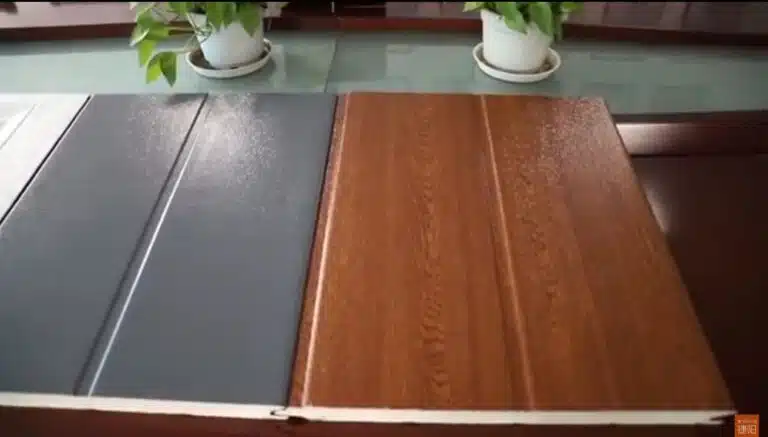Any garage door system is based on garage door springs, which support its weight and allow perfect door opening and shutting. When the springs run as they should, you rarely notice their existence. When you need change or repair, nevertheless, the functioning of your garage door may deteriorate and lead to a range of issues that can disrupt your daily plans. This post will cover how to identify the symptoms that your garage door springs need to be adjusted, what can be causing them to become unbalanced, and how to resolve the issue so that operation is smoother and safer.
Understanding the Role of Garage Door Springs
Before entering their indications, one should first understand the reason behind broken springs. Usually, garage doors include two types of springs: extension and torsion springs.
- Torsion Springs: Torsion springs mounted above the garage door open and close the door using torque. Crucially for counteracting the weight of the door, they unroll and twist as it opens.
- Extension Springs: Found on either side of the garage door, extension springs stretch and compress to assist in door raise and lowering.
Signs Your Garage Door Springs Need Adjustment
1. Garage Door Won’t Stay Open or Close Properly
When your garage door does not remain fully open or closed, one of the most often occurring signs that your garage door springs require adjustment is Your door closes too quickly or does not remain open most likely because the springs are not offering the required balance. Usually, this results from either unequal tension distribution over the springs or a loss of tension.
Should the door fail to stay in place, it could be that the springs either extended too much or cannot balance the weight of the door. Your garage door opener might thus become more agitated, which would finally result in more severe damage.
2. Door Moves Unevenly
Should your garage door open or close unevenly—that means one side seems higher than the other—this could point to a spring problem. One of the springs either being looser or tighter than the other causes uneven movement. Regarding torsion springs, this could also indicate that one spring has more stress than the other, therefore tilting or moving the door unnaturally.
Unchecked, this imbalance can strain the opener system, rollers, and door tracks more broadly.
3. Loud Noises During Operation
Another common sign that your garage door springs need work is if you start hearing loud bangs, pops, or screeching sounds when running it. Sometimes the unequal tension in the springs results from their straining too much during movement.
Especially if the door isn’t sliding as naturally as it used to be, these noises could also indicate that the springs are trying to adapt for a balancing issue. Ignoring these noises could lead to more serious problems later on, such a broken door or spring.
4. The Door Feels Heavy to Lift Manually
Should you try to manually raise the garage door and find that it seems abnormally heavy, this is unmistakable evidence that your springs are malfunctioning. A well-adjusted spring system should let you to handly, with little effort, raise the door. Manual lifting becomes tough when the springs lose their tension since they no longer efficiently sustain the weight of the door.
In this situation, you should refrain from using the door until the springs are changed or replaced since pushing the door can compromise the system more.
5. Slower Opening or Closing
Should you find that your garage door is running slower than usual, this could indicate a weakening of the springs, therefore depriving the motorized system of required support. Slower movement might follow from the decreased tension making it more difficult for the opener to operate effectively. Furthermore, should the door stop during opening or shutting, the springs could require quick care.
Causes of Unbalanced Garage Door Spring
For a number of causes, most of which are related to normal wear and tear, garage door springs may lose balance:
- Aging Springs: Constant stress applied to the springs over time could lead them to weaken. Usually running about 10,000 cycles, one cycle is one open and closure for most garage door springs. As they get close to this limit, they are more prone to fail and may call for replacement or modification.
- Improper Installation: Should the springs be inadequately installed or changed when originally put in, they may develop early in their lifetime imbalance.
- Weather and Temperature Changes:Extreme temperatures—that of freezing winters or scorching summers—may affect the metal in the springs, either expanding or compressing it. This can lead over time an imbalance that requires professional adjustment.
- Accidental Damage: Should a car knock against the garage door, for instance, the springs may break or become misaligned and demand a modification.
Can You Adjust Garage Door Springs Yourself?
Although changing the springs yourself could be enticing, keep in mind that garage door springs are under a lot of force. Trying to change them without the right equipment and knowledge may be rather harmful. Spring adjustments gone wrong could injure or damage the garage door mechanism.
See a professional for spring adjustments to guarantee exact and safe work is done. Expert garage door experts use the instruments and experience required to change the spring tension, so ensuring perfect operation of the door free from damage or harm risk.
When to Replace the Springs Instead of Adjusting
Sometimes the problem is not fixed with only correction. Should your garage door springs be noticeably worn or damaged, they can be better replaced than adjusted. The following indicate whether replacement could be required:
- Visible Rust or Corrosion: Should you find rust on the springs, the metal may become weaker and more likely to break. Under such circumstances, replacement usually is a safer choice.
- Fraying or Breaking: You should replace the springs immediately should they look to be frayed or showing signs of breaking. Running the garage door with defective springs runs a danger and could compromise the entire door system.
- Exceeding Lifespan: Replacing the springs provides a more permanent remedy than simply adjusting them if their normal 10,000 cycle lifetime has been exceeded.
Conclusion
Understanding when your garage door springs need to be adjusted will help you avoid major garage door system damage and save you expensive repairs. Your springs can require expert repair based on key indicators including uneven movement, loud noises, trouble lifting the door manually, and too rapid door closing.
Even although some homeowners would think about changing the springs themselves, one should keep in mind the hazards associated. Hiring a professional helps to extend the life of your garage door system in addition to guaranteeing safe performance of the work. Years of efficient operation of your garage door depend on regular maintenance and prompt corrections.

